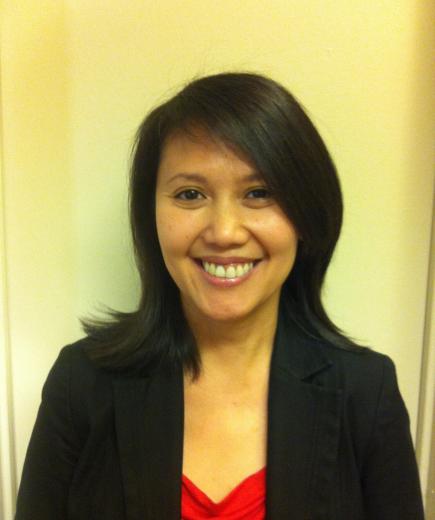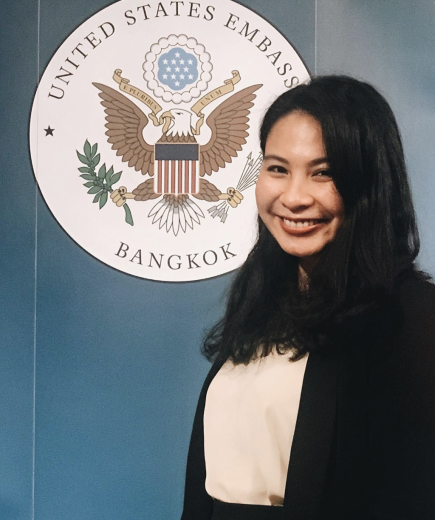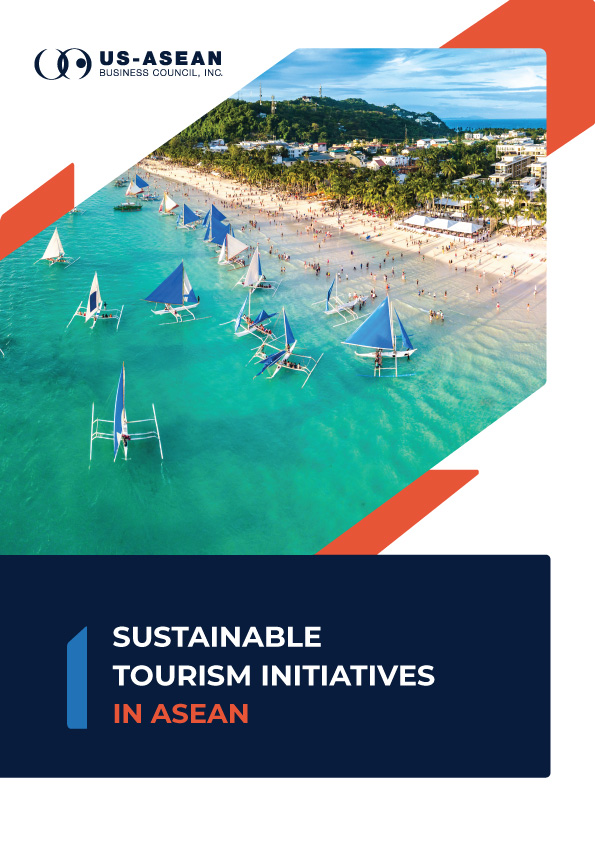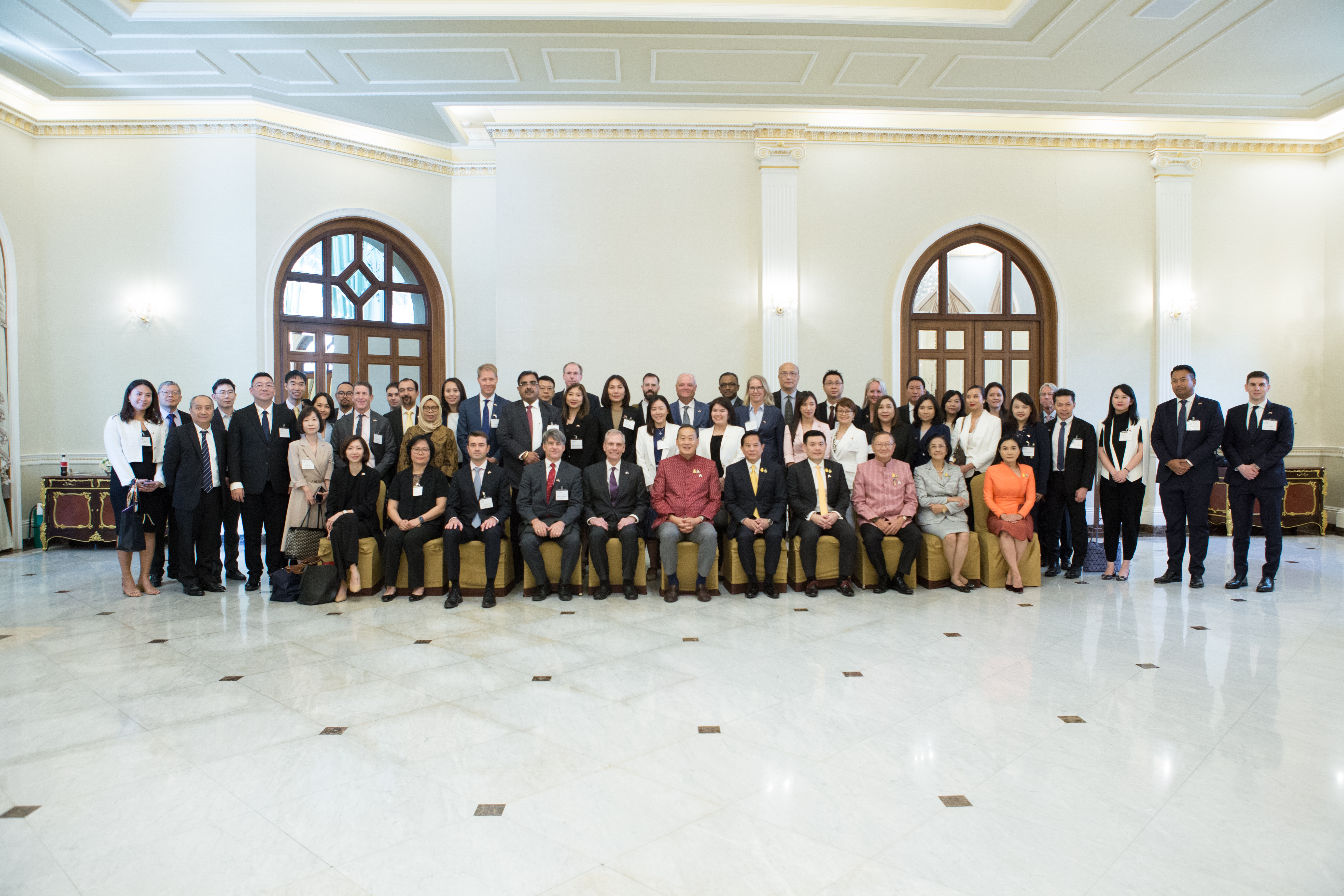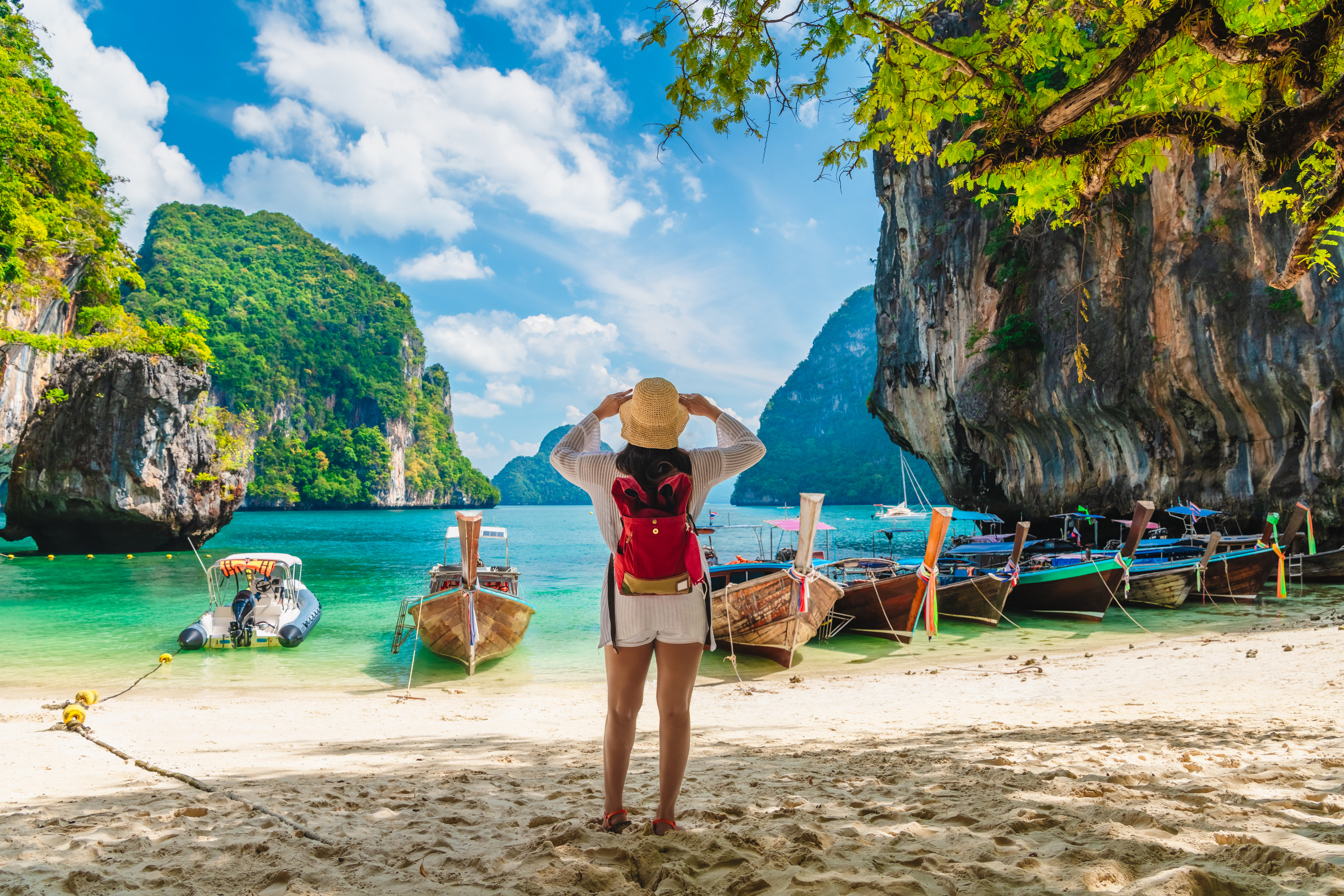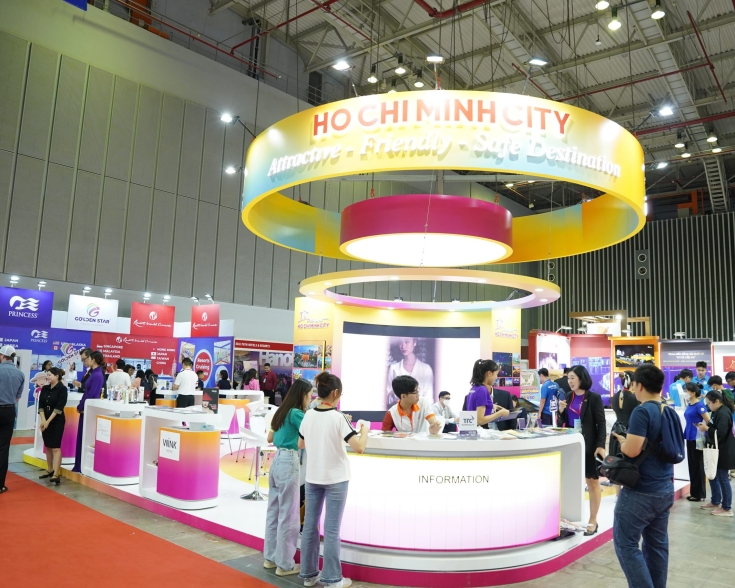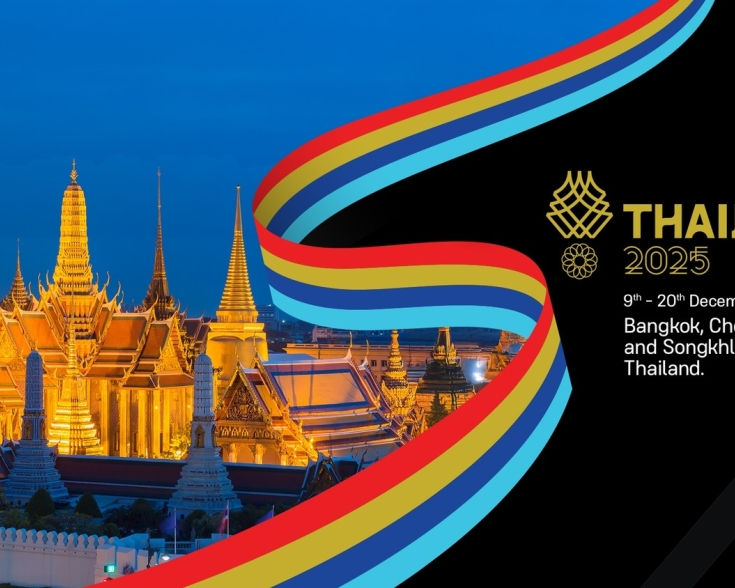New Industry and Government Efforts to Enhance Medical Tourism in Thailand
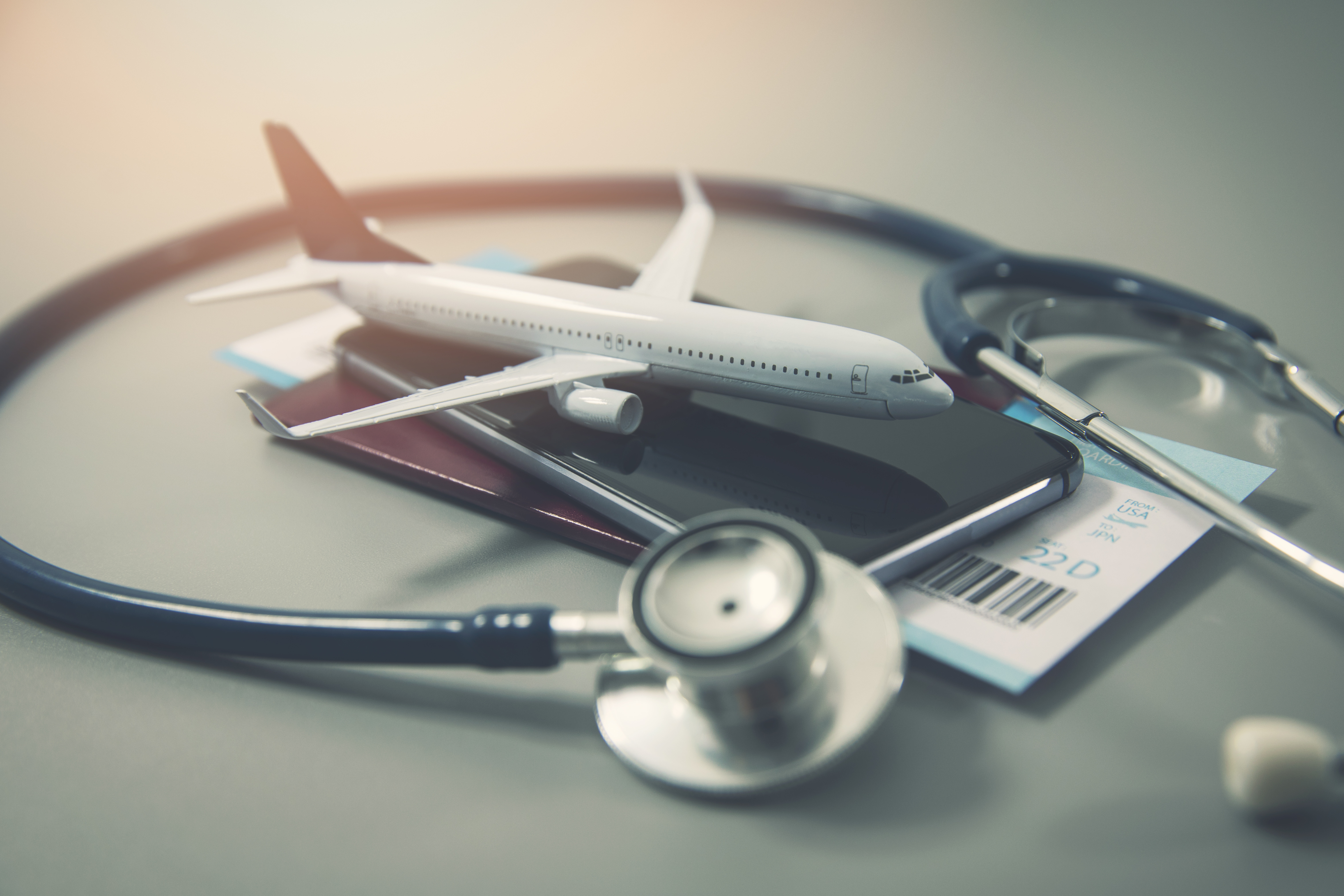
As part of an effort to increase tourism revenue, the Tourism Authority of Thailand (TAT) unveiled an initiative to boost tourism revenue in second-tier provinces by 10%. These second-tier province travels currently generate only 20% of the overall tourism revenue, so TAT has framed this campaign as a push to spotlight hidden tourism gems. However, the efforts to strengthen Thailand’s tourism industry are multi-dimensional and the medical tourism landscape is also rapidly developing. In its bid to become a global hub for medical tourism, Thailand has positioned itself as a premier destination for international patients to seek medical treatment, offering top-tier facilities, competitive pricing, and skilled healthcare professionals.
Noting Thailand’s potential, the Medical Tourism Association (MTA) met with key players in Thailand’s medical tourism landscape this month. With more than 32 of the largest Thailand medical institutions in attendance, the MTA established strategic relationships to consolidate Thailand’s brand as a leading choice for medical travel. These strategic partnerships have proved successful in the past. Notably, the Bangkok Hospital has established dedicated international patient services that coordinate with travel arrangements, visa facilitation, financial assistance, and language interpretation. The Bangkok Hospital will be one of the many institutions that will continue to leverage the offerings of the MTA to expand its international patient reach.
In addition to industry efforts to enhance medical tourism, the Thai government is planning to end a near-decade-old ban on foreigners assessing commercial surrogacy services. Thailand is the first Southeast Asian country on course to legalize same-sex marriage and the Health Ministry will submit the amendment in July and sees this as an opportunity to attract LGBTQ couples.
Surachai Reungsuksilp, executive director of Chumchon Community Pharmacy, added that the Thai government’s strategy to attract foreign patients would be significantly beneficial to both medical and pharmaceutical industries. However, he cautioned that in order for Thailand to become a medical tourism hub, the government needs to improve regulations that accelerate the launch of new drugs and facilitate new drug imports.

